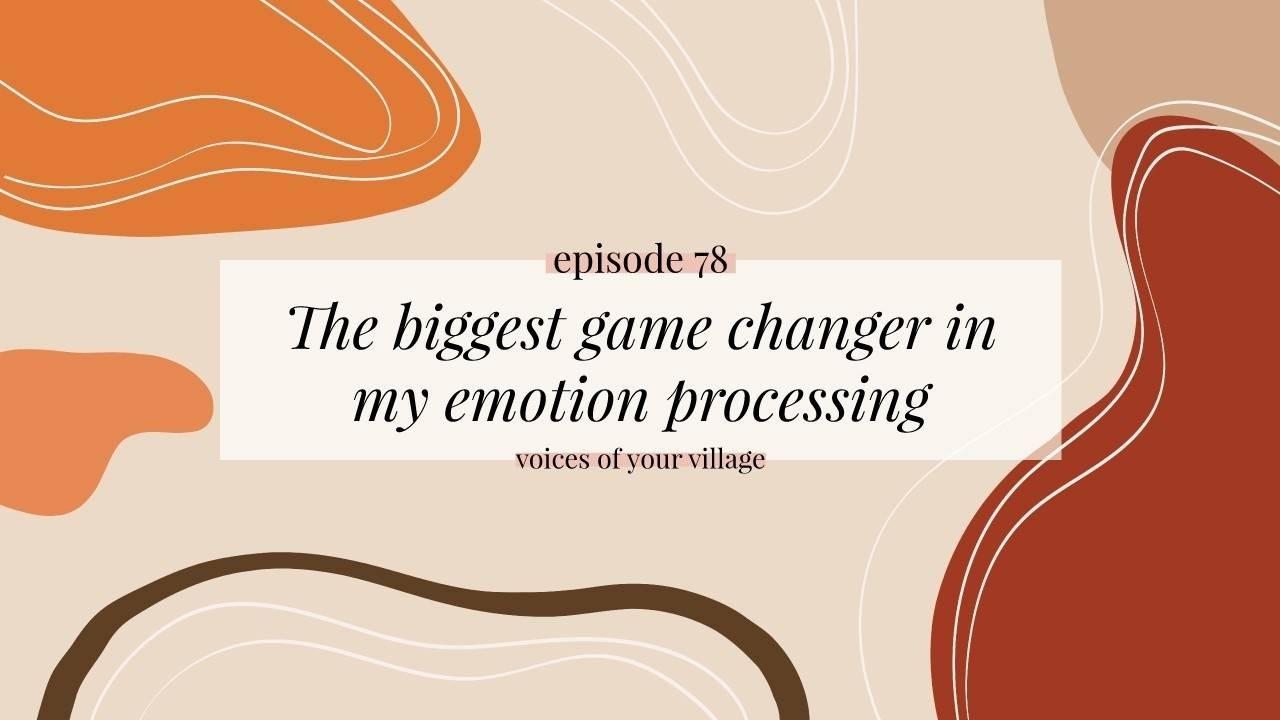The biggest game changer in my emotion processing

“That wasn’t my expectation.” Have you ever found yourself in a situation that caused you to say this to yourself? A four-year-old once said this to me and it was quite possibly the biggest game-changer in emotion processing for me. This is truly the root of so many of the hard stuff we feel. If we really breakdown what we’re feeling - whether it be embarrassment, anger, sadness, or disappointment - it is often because our expectations were not met. This has totally changed my emotion processing. It doesn’t mean I won’t feel these things or a situation won’t cause these emotions, but I benefit from being more self-aware of this common cause of these feelings.
Through a lot of hard work, whenever Zach and I are having hard feelings with each other and are on the verge of entering “conflict mode,” we’ve gotten into the habit of pausing and asking each other what our expectations are in the situation, and this usually explains why someone is disappointed or upset. Even better, when we start the day off by sharing our expectations with each other, we can plan accordingly and are more likely to avoid any disappointment for either of us and thus avoid a conflict.
This simple awareness allows us to help our kiddos with emotion processing as well. For example, my nephew was recently building something with the intention of it floating in his family’s pool. When he put it in and it tipped over instead, I could tell he was frustrated. I could have jumped right into problem-solving with him, but instead, I validated his feelings by asking him if he expected it to float when he put it in. Just validating and helping him to be aware of the root of his frustration - his expectation that his cruiser would float but it not - allowed him to enter problem-solving more efficiently.
It can also be beneficial to help set expectations for our kiddos. For example, on the same visit, my niece asked me to come play with her, but I had already committed to playing a game with her brother. In that moment, she was a little let down because she expected me to come play with her right then when she asked me to, but moving forward, I helped her know what to expect - I told her when I was finished playing the game with her brother I would then play with her (following through on what I said is another topic worth discussing - we cover building a relationship of trust with kiddos in Episode 75). Many of the tantrums our tiny humans are throwing are because their expectations were not met in a situation.
There are a lot of areas in our lives and in parenthood which are improved once we adjust our expectations. One area may be our kiddos’ sleep. A mama recently reached out to me and shared how when she was pregnant with her babe and anticipated what sleep would be like for this kiddo, she just expected that he’d sleep wherever and whenever - she didn’t plan on working her schedule around her babe’s sleep schedule. Once reality hit, she realized she was wrong, and she had to adjust her expectations. Another area is expecting a kiddo to love a food today because it was their favorite yesterday - when they don’t eat something we expect them to like, we may get frustrated or upset. I also find I just enjoy the company of tiny humans more if my expectations are appropriate. My expectation can’t be that kiddos will follow every rule or boundary I set - my expectation is actually that they are going to push the boundary. I want them to show kindness and respect, but I expect that there will be times that they will whine at me and I will have to put in the work to show them what they can do or say instead. If I go in expecting everything to be perfect, I’m going to be let down a lot, and I’m going to feel like I’m failing all of the time. Perfection isn’t real, so you can’t expect it. We have to have realistic expectations, not only to make it more likely that our expectations will be met and to avoid disappointment when they’re not, but so that we can have plans in place for when things go a different way.
Remember, though, that our goal is not to prevent kids from feeling big emotions; they won’t be prepared for life if they only ever feel joy and happiness. And, if our expectation is that they will be happy all the time, man, we’re going to be bummed. If you find yourself in circumstances that are raising your cortisol levels, ask yourself what your expectations were, how things are going differently than you expected, and how you can make changes in the moment.
